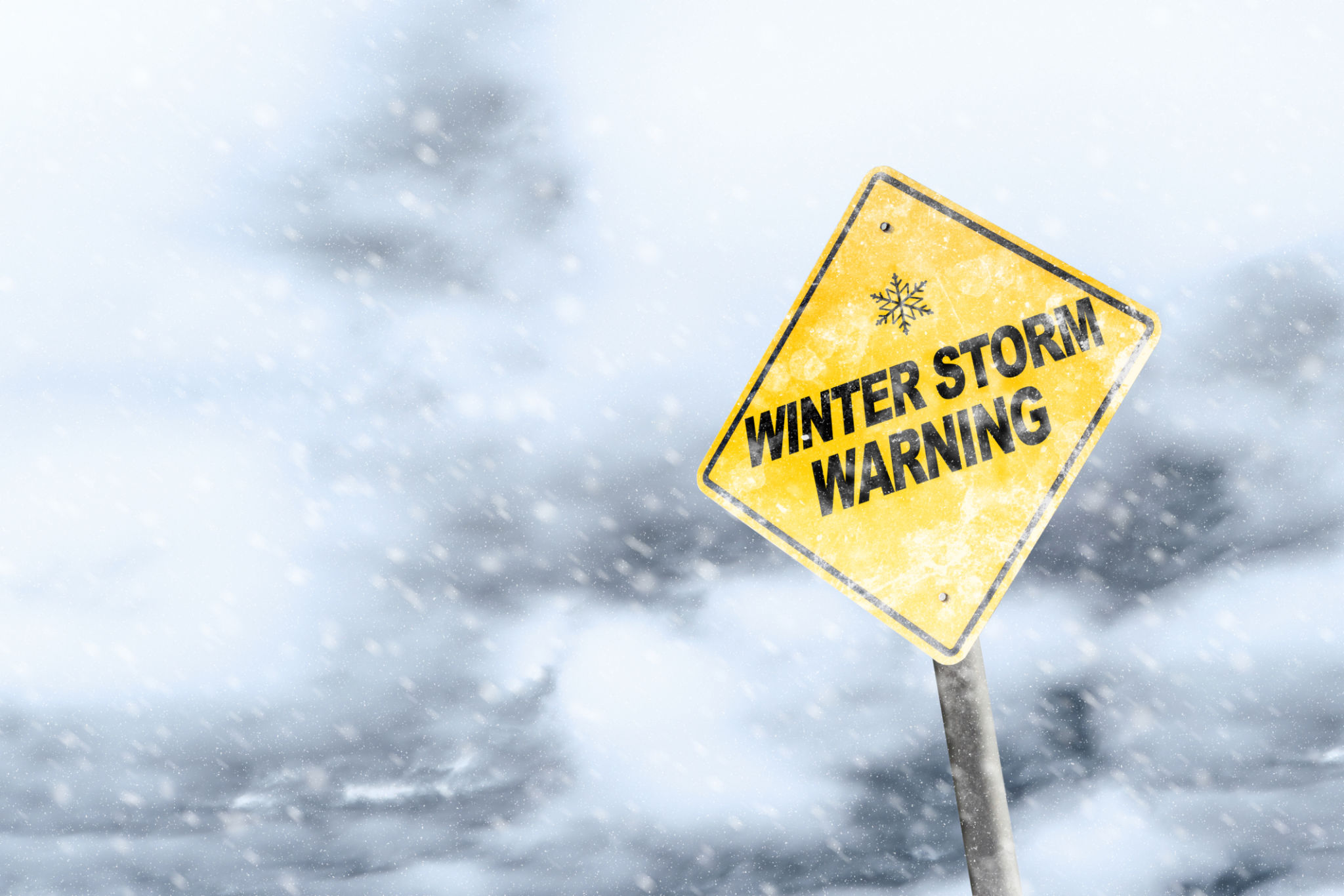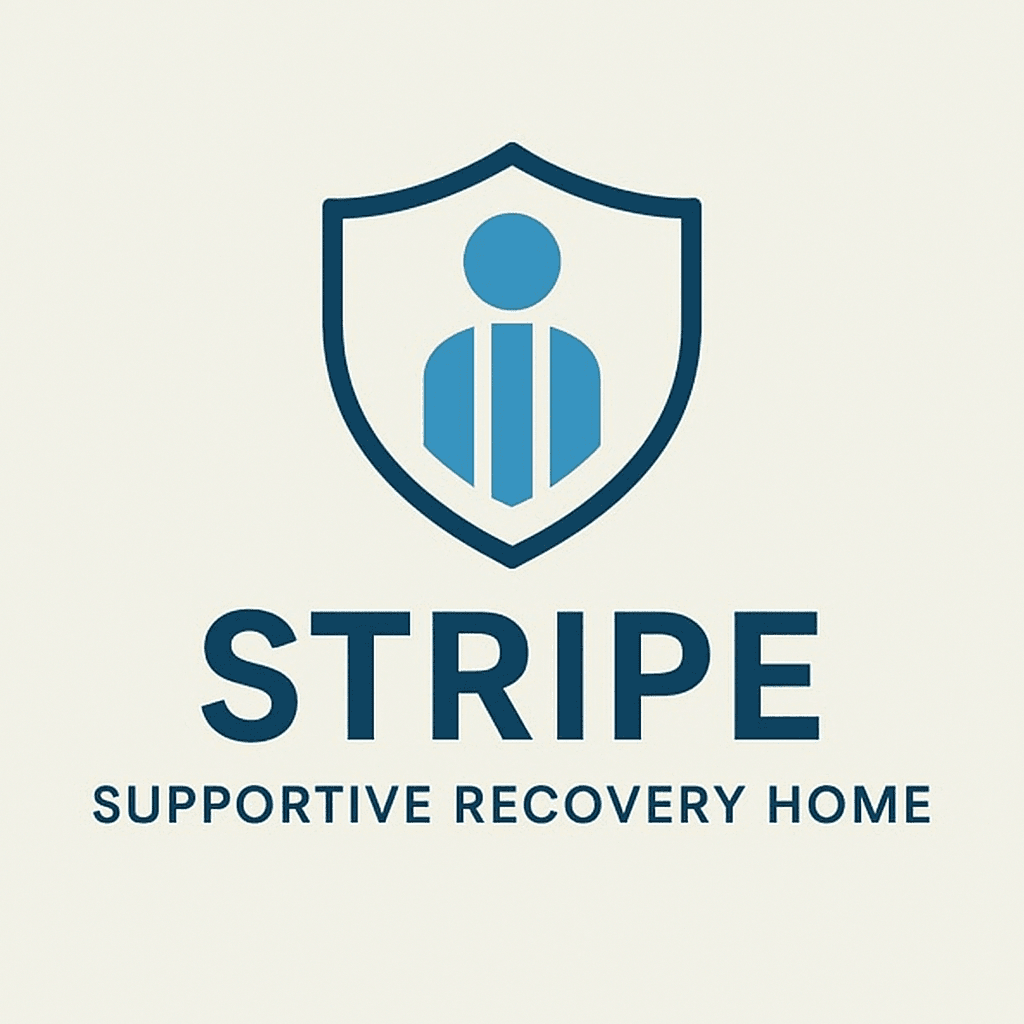Preparing for Winter: How Sober Living Homes in Surrey Adapt
Understanding the Needs of Sober Living Homes
Sober living homes in Surrey provide a crucial support system for individuals transitioning from addiction treatment to independent living. As winter approaches, these homes face unique challenges that require careful preparation and adaptation. Understanding the specific needs of residents during the colder months is essential to ensuring their comfort and continued progress in recovery.
Winter can bring about additional stressors, such as seasonal affective disorder (SAD), which can impact mental health. Sober living homes must be proactive in addressing these issues, offering tailored support and creating an environment that fosters well-being. This involves both physical preparations and the enhancement of mental health resources.

Ensuring a Warm and Safe Environment
Maintaining a warm and safe environment is a top priority for sober living homes during winter. This includes ensuring that heating systems are functioning efficiently and homes are properly insulated to keep residents comfortable. Regular maintenance checks are essential to avoid unexpected breakdowns during the coldest days.
Additionally, homes need to stock up on necessary supplies such as warm blankets, clothing, and other essentials to help residents stay warm. By preparing ahead of time, homes can mitigate the risks associated with extreme cold, such as hypothermia or frostbite.
Preparing for Weather-Related Emergencies
Winter weather can be unpredictable, so having a plan in place for emergencies is crucial. This includes preparing for power outages by ensuring access to backup generators and maintaining a supply of non-perishable food and bottled water. Emergency contact lists should be updated, and staff should be trained to handle weather-related crises effectively.

Enhancing Mental Health Support
For many individuals in recovery, winter can trigger feelings of isolation or depression. Sober living homes can adapt by increasing access to mental health resources. This might include organizing group therapy sessions focused on coping strategies for winter-related challenges or providing additional one-on-one counseling.
Encouraging residents to engage in activities that promote mental well-being, such as exercise or creative hobbies, can also be beneficial. Homes might organize indoor activities that foster community spirit and mutual support among residents.
Promoting Physical Activity Indoors
Physical activity is a key component of recovery, but winter weather can make outdoor exercise difficult. Sober living homes can adapt by creating indoor exercise programs. This might involve setting up a small gym space with basic equipment or organizing group classes like yoga or aerobics that residents can participate in within the home.

Community Engagement and Support
Staying connected with the broader community is important for residents' social well-being. Sober living homes can facilitate virtual gatherings or workshops that allow residents to connect with others outside their immediate environment. These interactions can provide encouragement and broaden support networks.
Homes might also partner with local organizations to offer volunteer opportunities during winter, allowing residents to give back to the community while building their confidence and sense of purpose.
Planning for Holiday Celebrations
The holiday season can be particularly challenging for those in recovery. Sober living homes can help by organizing inclusive holiday celebrations that focus on togetherness and support rather than substances. Planning activities like potluck dinners, movie nights, or craft projects can create a festive atmosphere without the pressure of traditional holiday parties.

By taking these proactive steps, sober living homes in Surrey can ensure they are well-prepared for winter, providing a nurturing environment that supports recovery and resilience throughout the colder months.
